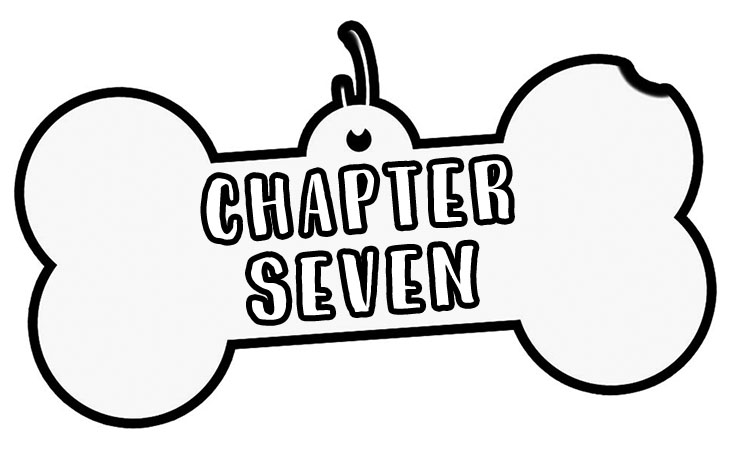

“Utah?” I said. “Utah? You mean that dry state that resides somewhere within the western confines of the United States … of America?”
The dog and horse exchanged a glance.
“Do you know of another one, Fred?” the dog asked.
The horse shrugged. “Not I, Mr. Bones. But then, I don’t have your vast knowledge of geography. Or anything else for that matter.”
This mutual admiration society of theirs really was nauseating.
“You can’t just pick a place at random,” I said. “It’s not like you can spin a globe, stick a pin in it blindly, say, ‘Ooh, look, Utah!’ and then declare ‘There must be a case there!’”
“How is it random?” the dog said. “Did you not hear Fred say he heard someone say Utah?’
“Yes, but that’s not the point!”
“Which is?”
“The point – ”
And then, just like that, I stopped myself cold.
My mind harkened back to our first case file, Doggone, which I’d written up upon its completion (and which you can also read).
I have a confession to make:
That incredibly long day, during which Bones had solved not one but two murder cases, had all been a bit of a muddle to me. With his weird assortment of expertise, Bones knew things that no normal being could possibly know – and oh, how I hate to admit that. But it was also true that I hadn’t paid enough attention to the dog, putting down much of what he had said to leaps of illogic. And yet, afterward, I couldn’t escape the feeling that had I only paid closer attention, I could have figured things out too, or even at least understood what happened.
I internally vowed that this time it would be different. If we did indeed have a case, this time I would pay close attention and try to figure this thing out too, whatever this thing was.
Even as I made this vow to myself, I could almost hear Bones’s voice chortling inside my brain: “But I’m brilliant, so how could you possibly ever keep up?”
I chose, in my wisdom, to ignore that imagined chortling voice and level my steady gaze at my two companions and ask:
“So. Utah. What are we going to do about Utah?”